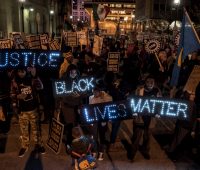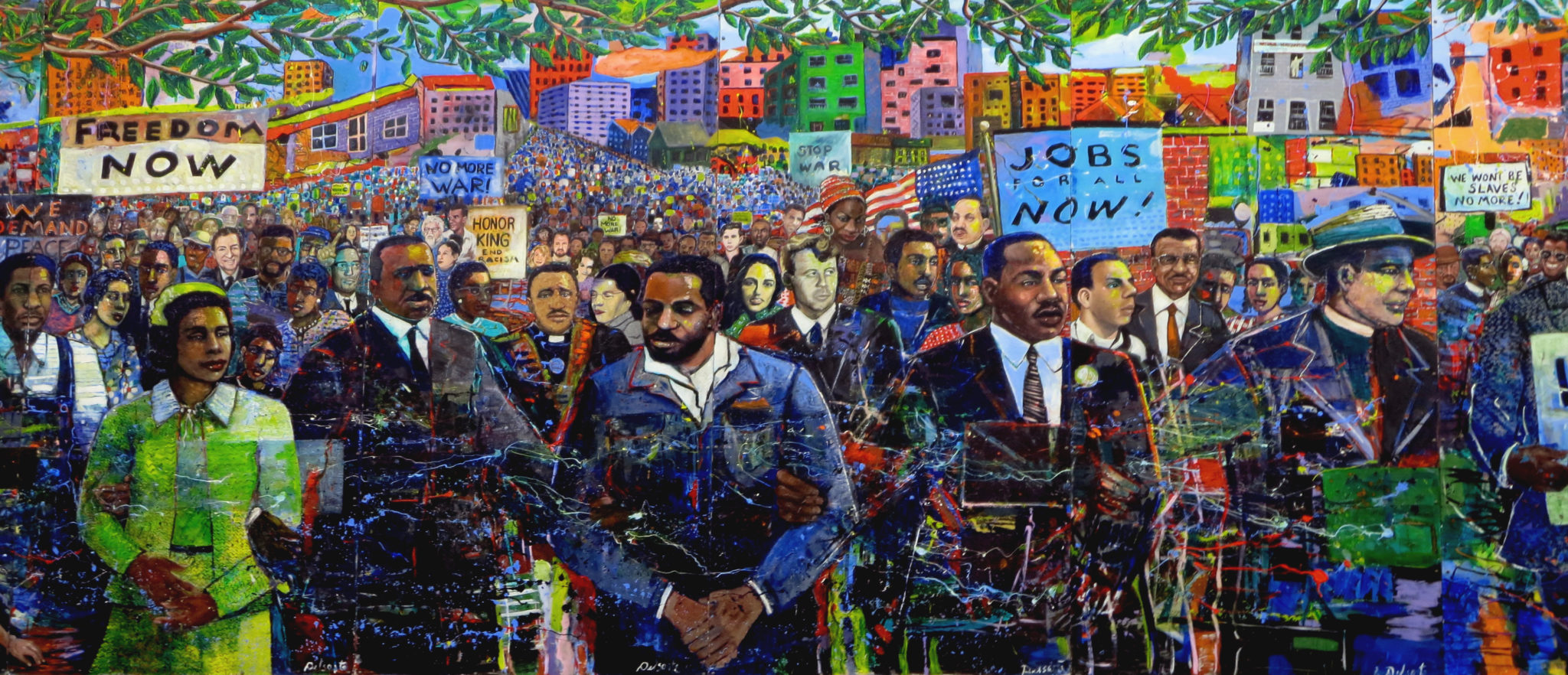Michael Dawson and Megan Ming Francis, curators for and contributors to the “Reading Racial Conflict” series, conclude the series with a set of reflections on the ways RRC authors bring the deep lessons from classic works in the political economy of race to bear on the present. They call attention to key themes that cut cross the essays: the persistence of violence visited on and the demonization of African Americans; the place of race in the development of capitalism and class formation; how capitalist development and racism deepen divides between the white and black working classes; class divisions within the black community; and how the intersections of race and capital shape inequalities globally.















